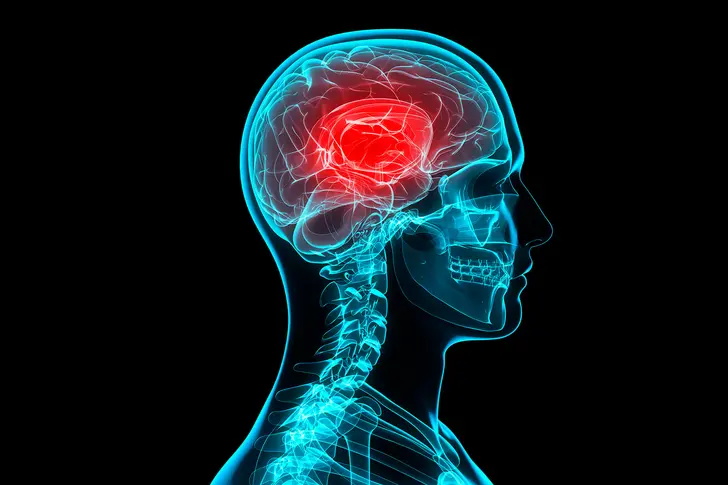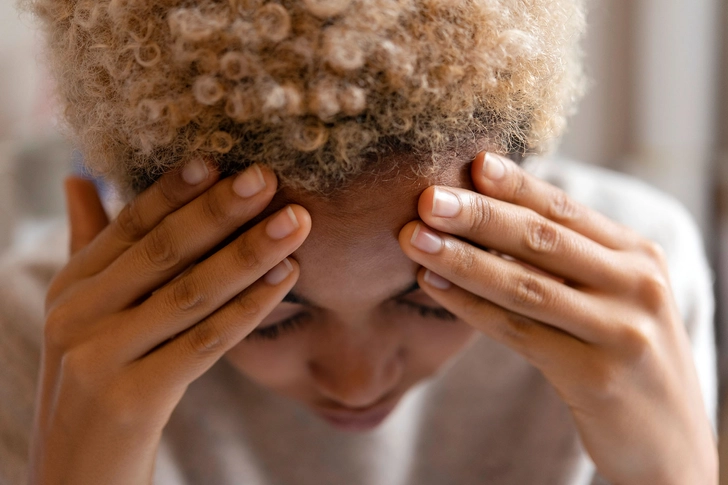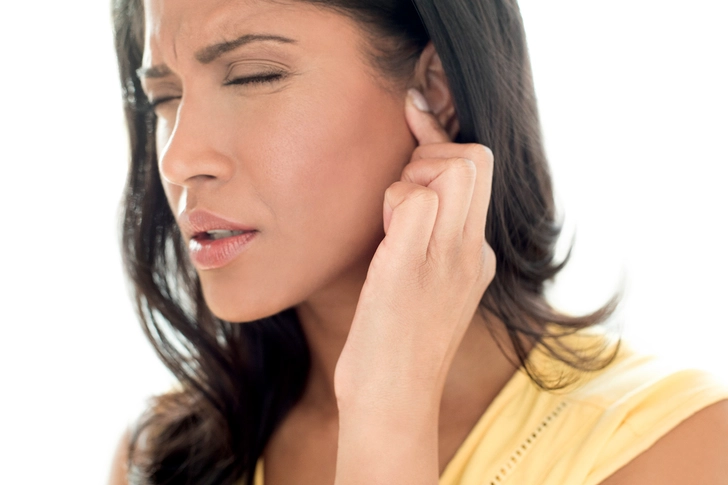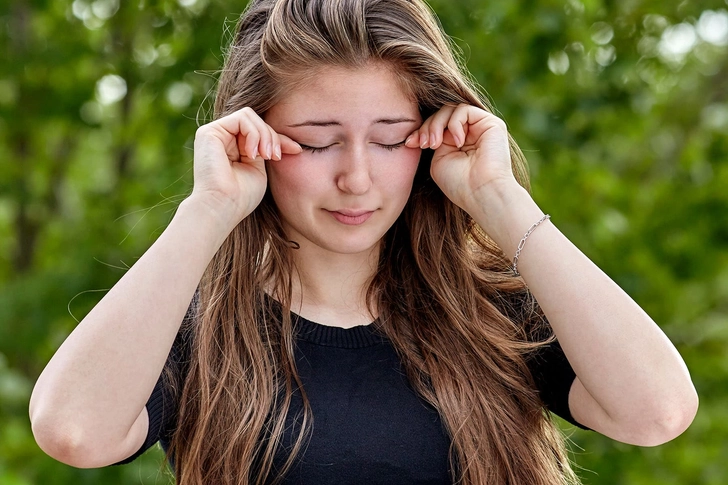- Headaches Overview
- Migraine
- Cluster & Tension Headaches
- Other Types of Headaches
- Appointment Prep
- View Full Guide
10 Biggest Misconceptions About Migraines



All Headaches Are Migraines
The words headache and migraine might seem interchangeable, but they aren’t. There are more than 150 types of headaches, and migraines are just one kind. Migraines are a neurological condition that causes headaches that can be debilitating and last for 4 to 72 hours without successful treatment. They are very common. Some experts estimate that 12% of Americans experience migraines.

Headache Is the Only Symptom of Migraine
Severe headaches are the most recognizable symptoms of migraines, but many people have an array of symptoms along with headaches. Migraine symptoms may include:
- Nausea
- Light sensitivity
- Sound sensitivity
- Vision problems
- Fatigue or sleepiness
- Numbness or tingling

All Migraines Come With Auras
Many people report an “aura” before the onset of a migraine, but not everyone has this symptom. Migraine auras often include visual disturbances like seeing stars, blank spots, or lines across your field of vision. Some people have a ringing in their ears. Taste and smell can change as the result of a migraine aura. Some people report not feeling well during an aura. Only about 15 to 20% of people who have migraines notice an aura before the onset of other symptoms, though.

If You Don’t Get a Headache, You Don’t Have a Migraine
It’s possible to have some of the symptoms of a migraine but not the headache. Some people have an aura but don’t experience pain after the aura symptoms go away. There are also retinal migraines that consist of a temporary loss of vision in one or both eyes. The vision loss can last for a few minutes or much longer. Many retinal migraines don’t include a headache.

All Migraines Are the Same
Since migraines include a wide variety of symptoms, no two people will have the same experience with migraines. The main commonality between migraines is how debilitating they are. People who have migraines, regardless of their exact symptoms, find that the experience leaves them unable to work, study, or socialize normally during migraine episodes.

Only Women Get Migraines
It’s true that cisgender women are more likely to be diagnosed with migraines, but anyone can experience migraines. Natural hormone cycles can trigger migraines for some women, which may be why migraines are more common among women during their years of having menstrual cycles. In some cases, regulating hormones can help prevent migraines.

Only Adults Get Migraines
Just as there is no gender limitation to migraines, there are no age limitations either. Children can get migraines, though they tend to be less severe and shorter than adult migraine episodes.

All Migraines Are Caused by Stress
Migraines happen when nerves send pain signals to your brain. The result is a rush of pain and inflammation in your head. Experts don’t know exactly what causes that process. For some people, high stress levels can trigger a migraine attack, but that’s not true for everyone. Other migraine triggers include chemical sensitivity, weather changes, hormone fluctuations, dietary changes, or sleep disruptions.

There Are No Treatments for Migraines
There are no treatments that will cure migraines entirely. There are preventive medications that can reduce the frequency, severity, and duration of migraines. Pain medications can help manage the symptoms of migraines while they’re happening.

Diet Changes Always Prevent Migraines
There isn’t a specific diet that will prevent future migraines. Some people find that making lifestyle changes help reduce the number of migraines they have. Tracking migraine triggers, including possible food triggers, can help you eliminate foods that seem connected to your migraines, but the elimination of migraines cannot be guaranteed.

Other Considerations
If you have migraines, talk to your doctor about any changes to your medication or lifestyle. Neurologists specialize in migraine and you should see one if your migraines are severe or frequent. They can help you safely manage your migraine symptoms.
Photo Credits:
1) SCIEPRO / Getty Images
2) Maskot / Getty Images
3) Jamie Grill / Getty Images
4) SCIENCE PHOTO LIBRARY / Getty Images
5) wingedwolf / Getty Images
6) martin-dm / Getty Images
7) NickyLloyd / Getty Images
8) Liderina / Getty Images
9) RichardBarrow / Getty Images
10) JGI/Jamie Grill / Getty Images
11) LaylaBird / Getty Images
12) Solskin / Getty Images
Sources:
Cleveland Clinic: “Migraine Headaches.”
American Migraine Foundation: “What Type of Migraine Headache Do You Have?”
Cleveland Clinic: “These 10 Migraine Myths Are Hogwash.”
American Migraine Foundation: “What Is Migraine?”